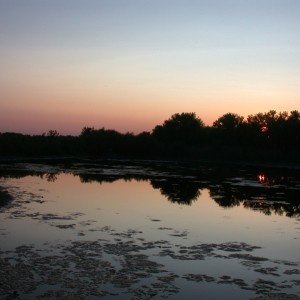The Stream, July 8: French Cities Follow Paris in Ditching Privatized Water
Europe
More cities in France are starting to return to public water supplies, pressuring private water firms that control 60 percent of the country’s water market, Reuters reported. The trend follows Paris’ decision to ditch its private water system five years ago, and is allowing cities to negotiate for better prices with their private suppliers even if they don’t switch back to public supplies.
North America
Record rainfall and flooding in Alberta, Manitoba and Saskatchewan killed as many as 2.4 million hectares (6 million acres) of crops last month, and prices for agricultural commodities like canola are expected to rise as a result, Bloomberg News reported. Canada is the world’s largest producer of canola, and the flooding may lead to a 10 percent decline from last year’s crop.
Water levels in the Great Lakes have rebounded following a cold winter and ample winter and spring precipitation, with levels on Lakes Michigan and Huron rising 0.76 meters (2.5 feet) from record lows reached in January 2013, the Chicago Tribune reported. While residents are hopeful the increase is here to stay, the lake levels vary greatly from year to year and have been on a downward trend since the late 1990s.
Manufacturers like Boeing could face tougher pollution standards for storm water runoff if the U.S. Environmental Protection Agency raises fish consumption limits in Washington state waterways, Fox News reported. Environmental groups and Native American tribes are asking the EPA to increase the amount of fish it says people can safely consume, which would require higher water quality standards.
Central America
Nicaragua has taken the first steps toward approving a shipping canal that would run through Lake Nicaragua and connect the Atlantic and Pacific oceans, Reuters reported. Construction on the canal could begin as early as December, but the route still needs to be assessed for social and environmental impacts—particularly how poor communities and the freshwater lake will be affected.
A news correspondent for Circle of Blue based out of Hawaii. She writes The Stream, Circle of Blue’s daily digest of international water news trends. Her interests include food security, ecology and the Great Lakes.
Contact Codi Kozacek





Leave a Reply
Want to join the discussion?Feel free to contribute!